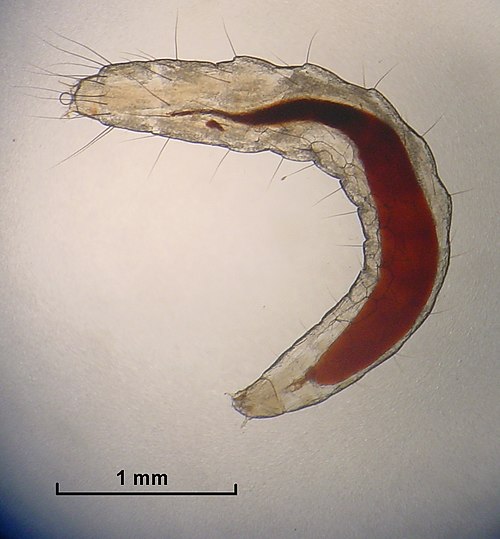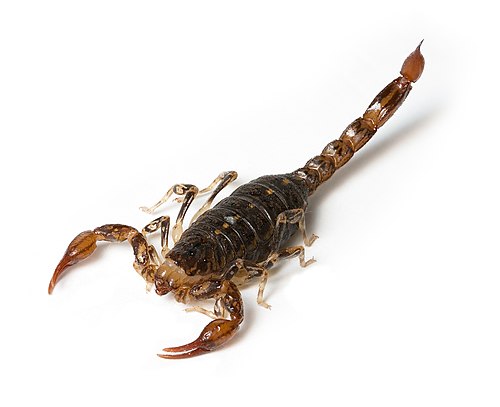Fleeverb
(intransitive) To run away; to escape.
Fleeverb
(transitive) To escape from.
Fleeverb
(intransitive) To disappear quickly; to vanish.
Fleeverb
To run away, as from danger or evil; to avoid in an alarmed or cowardly manner; to hasten off; - usually with from. This is sometimes omitted, making the verb transitive.
Fleeverb
run away quickly;
Fleanoun
A small, wingless, parasitic insect of the order Siphonaptera, renowned for its bloodsucking habits and jumping abilities.
Fleanoun
(derogatory) A thing of no significance.
Fleaverb
To flay.
Fleanoun
An insect belonging to the genus Pulex, of the order Aphaniptera. Fleas are destitute of wings, but have the power of leaping energetically. The bite is poisonous to most persons. The human flea (Pulex irritans), abundant in Europe, is rare in America, where the dog flea (Ctenocephalides canis, formerly Pulex canis) and the smaller cat flea (Ctenocephalides felis) take its place. See Aphaniptera, and Dog flea. See Illustration in Appendix.
Fleanoun
any wingless blood-sucking parasitic insect noted for ability to leap
Flea
Flea, the common name for the order Siphonaptera, includes 2,500 species of small flightless insects that survive as external parasites of mammals and birds. Fleas live by consuming blood, or hematophagy, from their hosts.





















